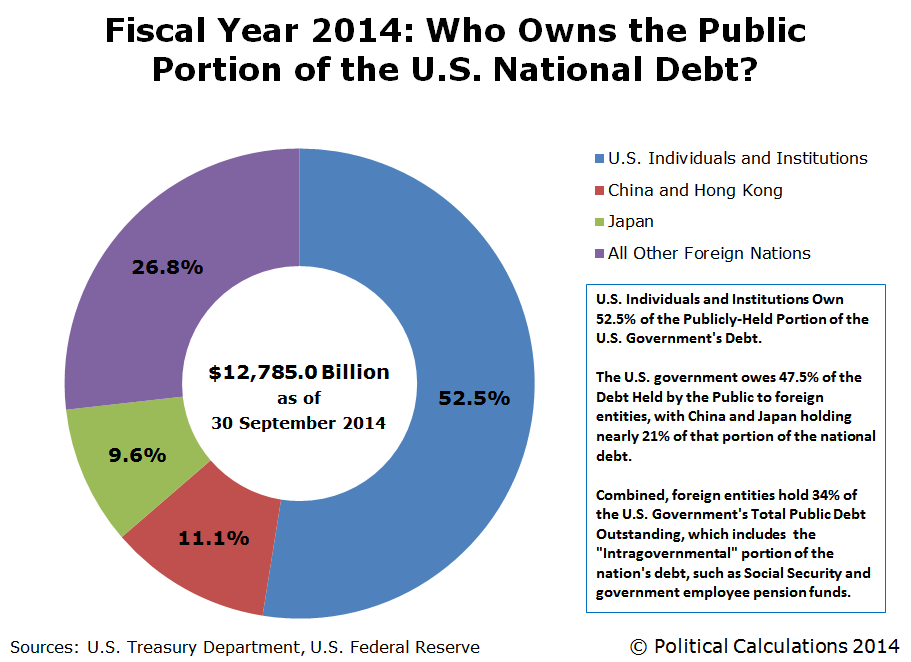U.S. developing sanctions against China over cyberthefts
The Obama administration is developing a package of unprecedented economic sanctions against Chinese companies and individuals who have benefited from their government’s cybertheft of valuable U.S. trade secrets.
The U.S. government has not yet decided whether to issue these sanctions, but a final call is expected soon — perhaps even within the next two weeks, according to several administration officials, who spoke on the condition of anonymity to discuss internal deliberations.
Issuing sanctions would represent a significant expansion in the administration’s public response to the rising wave of *cyber-economic espionage initiated by Chinese hackers, who officials say have stolen everything from nuclear power plant designs to search engine source code to confidential negotiating positions of energy companies.
Any action would also come at a particularly sensitive moment between the world’s two biggest economies. President Xi Jinping of China is due to arrive next month in Washington for his first state visit — complete with a 21-gun salute on the South Lawn of the White House and an elaborate State Dinner. There is already tension over a host of other issues, including maritime skirmishes in the South China Sea and China’s efforts to devalue its currency in the face of its recent stock market plunge. At the same time, the two countries have deep trade ties and the administration has sometimes been wary of seeming too tough on China.
But the possibility of sanctions so close to Xi’s visit indicates how frustrated U.S. officials have become over the persistent cyber plundering.
The sanctions would mark the first use of an order signed by President Obama in April establishing the authority to freeze financial and property assets of, and bar commercial transactions with, individuals and entities overseas who engage in destructive attacks or commercial espionage in cyberspace.
>
>
The Obama administration is developing a package of unprecedented economic sanctions against Chinese companies and individuals who have benefited from their government’s cybertheft of valuable U.S. trade secrets.
The U.S. government has not yet decided whether to issue these sanctions, but a final call is expected soon — perhaps even within the next two weeks, according to several administration officials, who spoke on the condition of anonymity to discuss internal deliberations.
Issuing sanctions would represent a significant expansion in the administration’s public response to the rising wave of *cyber-economic espionage initiated by Chinese hackers, who officials say have stolen everything from nuclear power plant designs to search engine source code to confidential negotiating positions of energy companies.
Any action would also come at a particularly sensitive moment between the world’s two biggest economies. President Xi Jinping of China is due to arrive next month in Washington for his first state visit — complete with a 21-gun salute on the South Lawn of the White House and an elaborate State Dinner. There is already tension over a host of other issues, including maritime skirmishes in the South China Sea and China’s efforts to devalue its currency in the face of its recent stock market plunge. At the same time, the two countries have deep trade ties and the administration has sometimes been wary of seeming too tough on China.
But the possibility of sanctions so close to Xi’s visit indicates how frustrated U.S. officials have become over the persistent cyber plundering.
The sanctions would mark the first use of an order signed by President Obama in April establishing the authority to freeze financial and property assets of, and bar commercial transactions with, individuals and entities overseas who engage in destructive attacks or commercial espionage in cyberspace.
>
>



Comment